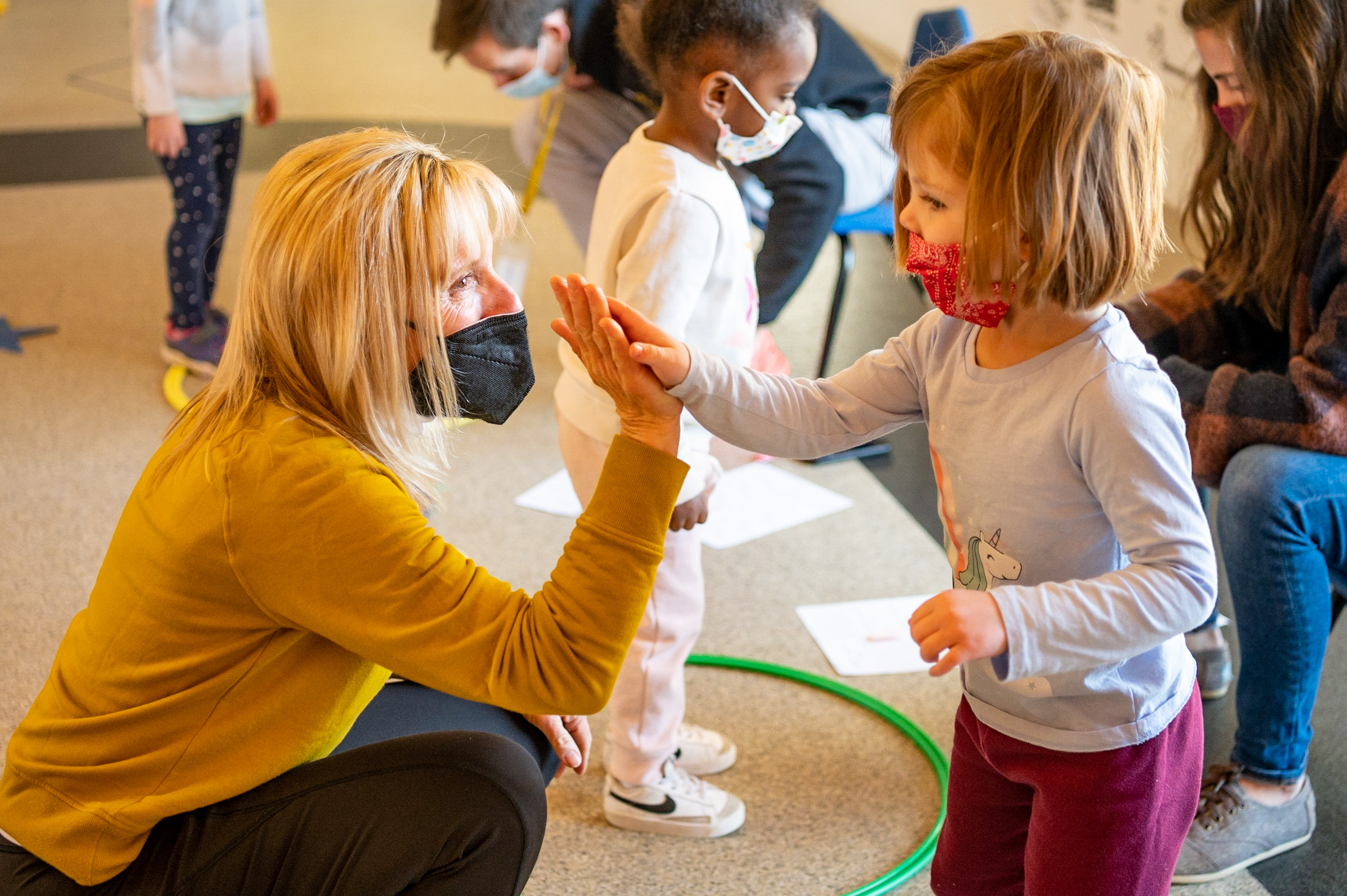You might assume that with technological advances and today’s continuing financial woes, public libraries are increasingly expendable. But you’d be wrong.
Library use across the U.S. has been increasing throughout the past decade and is “even accelerating during economic hard times,” according to a report from the American Library Association (ALA). Nationally, visits to public libraries increased 19 percent from 1997 to 2007 and circulation increased 12 percent. Regionally, those numbers continued to rise through 2010 as well.
“Public libraries are needed now more than ever. For lots of reasons,” says Patty Langley, administrative librarian for the Delaware Division of Libraries. In a down economy, for instance, families have had to cut back on book and DVD purchases or rentals. Parents seek more free opportunities for their children, Langley notes.
Countless families have also had to pull the plug on their Internet contracts and suspend broadband connections, according to Patricia Tumulty, executive director, New Jersey Library Association. For most New Jersey communities, the library is the only place for free public Internet access, she says.
Computer and Internet Access
Similarly, many Philadelphians rely on public libraries for their Internet and computer access. In some census tracts, more than 60 percent of the households have no access to computers or Internet, according to Siobhan Reardon, president and director of the Free Library of Philadelphia.
In Delaware’s public libraries, the number of visitors using computers has increased from 58,338 in fiscal year 2008, to 280,923 in 2009 to 375,729 so far this year.
For research projects, students sometimes require Internet resources that aren’t available through school or home. Public libraries provide access to high-quality databases and thousands of journal articles available only by subscription, explains Julie DuBois, head of youth services for the Mt. Laurel Library in South Jersey.
In addition, library experts help children target their searches and steer youngsters to the most appropriate resources for their grade and developmental level. Not everything can be found on Google, they emphasize, and much of what’s free in cyberspace isn’t accurate. Professional librarians help teach youngsters how to access reliable, relevant information suitable for their reading ability.
Homework Help and More
For children, local public libraries are safe places to go after school to get resources and homework help.
Beyond one-on-one help from librarians and libraries’ online tutoring, are supports like Philadelphia Free Library’s LEAP program, which served more than 80,000 youngsters last year.
LEAP is a structured tutoring program in which high school students — “teen leadership assistants” selected by application at Free Library branches — are trained, mentored by college students and adults and paid a stipend to help younger children.
Teen services are extremely important at Pennsylvania, Delaware and New Jersey libraries. Many libraries have established teen advisory boards to get youth input for library materials and programs and to help youngsters build responsibility and stronger ties with information sources. Teen library groups are hubs of healthy social activities.
Young people use libraries for access to sample SAT tests and SAT prep. They tap library resources in their search for college information and for help in writing personal statements and essays required by some college applications.
Summer reading programs maintain and enhance proficiency during months when academics typically backslide. “Behind the screens” was piloted this summer in Philadelphia. This program used films to engage youth in critical analysis and creative work.
Summer programs help children develop positive practices of reading thoughtfully throughout life.
 Preschool and Parenting
Preschool and Parenting
Library story hours and preschool programs are not fluff, Langley says. They help expose young children to vocabulary and literacy, foundations they’ll need to succeed in school and life. At story hours, specialists model for parents and caregivers how to sit with very young children and use a variety of books and materials to expand their worlds.
Reardon says large groups from day care centers attend story hours: “The children are excited; it’s a big deal for them.” Philadelphia’s librarians visit community rooms at Philadelphia Housing Authority residences for “book aloud” programs.
Delaware is benefiting from a National Science Foundation project. Local librarians have been trained in ways to introduce Science, Technology, Engineering and Mathematics (STEM) content into preschool story time. For example, a book might introduce the concept of weight. The librarian will then supplement the story with an actual scale and some opportunities to balance different weights on the scale. Families will also take home some practice activities to extend the learning.
Local public libraries help parents develop skills through classes, programs and modeling.
Community Resource Center
Increasingly, families use the expertise of librarians to help them file complicated government forms (like unemployment papers) online, notes Tumulty.
Responding to such growing needs, Delaware has been providing full-day sessions for librarians to introduce them to various service agencies in order to help them make informed referrals.
Instead of being replaced by technology, the role of public libraries as the community vanguard in information dissemination has been intensifying. Today’s libraries are loaning out Kindles and coaching constituents on how to use MP3 players. They’re supporting youth development, full-time learning and families in need.
Ann L. Rappoport, PhD is an educational consultant and a contributing writer to MetroKids.







